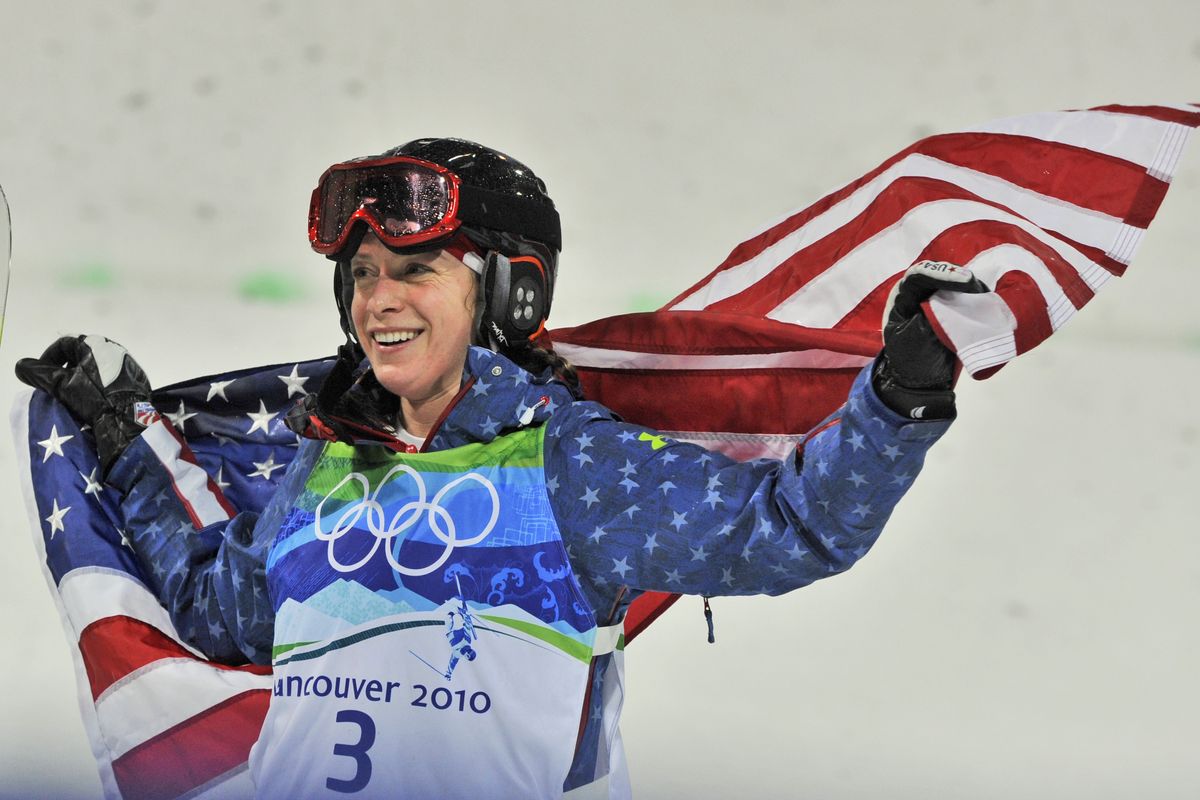Team USA right on track with four first-day medals

VANCOUVER, B.C. – After Day One four years ago in the Turin Olympics, Team USA had all of one medal and went on to finish third in medal mettle with 25, the most on foreign soil by a U.S. Olympic team.
At the 2002 Salt Lake City Games, the U.S. had just two on opening day and went on to amass 34, the biggest U.S. haul and second to Germany by just one.
So it was no immediate cause for alarm when the first day of the Vancouver Olympics seemed to be ending with no swag at all.
But just when it seemed like these Olympics would begin with an anti-climactic bust for the American squad, accentuated by the shutout of three veterans who came to Vancouver with 10 medals among them, ever-bizarre short track speed skating helped furnish a rousing ending.
With the startling wipeout of two of three South Koreans threatening to sweep the 1,500 meters entering the last turn, presto, two medals for Team USA.
Apolo Anton Ohno, already tied with Eric Heiden for the most decorated U.S. male Winter Olympian with five medals, earned a silver to tie Bonnie Blair for the most overall medals by a U.S. Winter Olympian.
In the very event in which he won his first Olympic gold in Salt Lake City, Ohno was joined on the medal stand by Olympic rookie J.R. Celski, whose appearance here was remarkable after suffering a drastic injury in the U.S. trials that left his leg with a 60-stitch, 6-inch long, 2-inch deep wound.
Like Ohno, Celski is from the Seattle area and enjoyed a rousing ovation when he was introduced for the final. Then came their wild finish behind winner Lee Jung-Su.
The U.S. medals total climbed to four with a gold-bronze finish by Hannah Kearney and Shannon Bahrke in women’s freestyle moguls.
Kearney, a 23-year-old from New Hampshire, slashed through the rain and down the moguls – a remarkable run that gave America its first gold medal of the Games and denied Jenn Heil the honor of becoming the first Canadian to win gold on home turf.
Heil came in as the favorite – a winner of her last four World Cup events – but it wasn’t close. Kearney scored 26.63 points to win by 0.94 – a wide margin in a sport often decided by tenths and hundredths.
She won in a blowout four years after coming in as the favorite but stumbling in qualifying for a 22nd-place finish that left her crying at the bottom.
Earlier in the day, U.S. multimedal veteran speedskaters Chad Hedrick and Shani Davis reprised the neck-and-neck competition that marked the Turin Olympics, only this time the battle was for 11th and 12th places in the 5,000-meter race, which Hedrick won in Turin.
At the Richmond Olympic Oval, Hedrick finished in 6 minutes 27:07 seconds – 12.47 seconds behind gold medalist and Olympic-record setter Sven Kramer of the Netherlands.
Hedrick, a self-described mucker who won a medal of every color in Italy, had hoped that the slow conditions on the oval might favor him. Instead, he found himself fighting the whole time on ice he considered sticky.
Davis, who won two medals, including a gold in Turin, finished in 6:28.44 after saying he hit the wall. But he was gushing with gracious comments about Kramer.
“It just goes to show (Kramer) has the heart of a champion. He had to go out first, and he had a bunch of sharpshooters after him,” Davis said, adding, “He didn’t leave anything to question about who’s better than him.”
Hedrick’s and Davis’ best events are ahead of them, as may be those of apparently charmed Team USA.